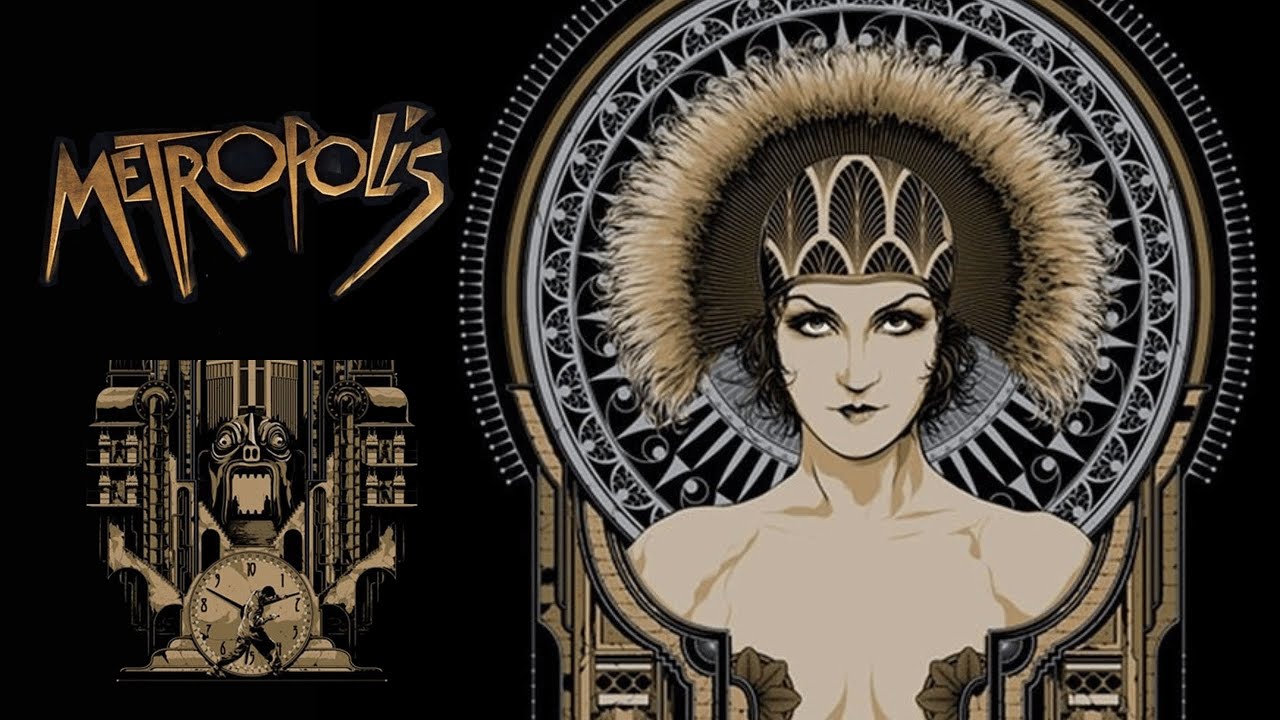Let's explore Fritz Lang's Metropolis. This cinematic masterpiece presents striking visions. It grapples with technology and fear.
Understanding Metropolis: A Teacher's Guide
Metropolis is more than just a science fiction film. It reflects societal anxieties. It comments on class division. It explores the dangers of unchecked industrial progress.
Historical Context
Discuss the Weimar Republic. Explain its social and economic instability. Highlight the rapid industrialization of the era. This period directly influenced Lang's vision. Technological advancements were both promising and frightening.
Plot Summary: A Simplified View
Present the basic storyline. Freder, the son of the city's master, discovers the plight of the workers. Maria, a compassionate figure, seeks to unite the classes. The evil scientist Rotwang creates a robot double of Maria. This double incites chaos and destruction. Ultimately, love and understanding bridge the gap between the social classes.
Key Themes for Discussion
Consider the exploitation of labor. Analyze the dehumanizing effects of technology. Debate the role of individuals vs. the collective. Reflect on the potential for technological tyranny. These themes remain relevant today.
Teaching Strategies: Engaging Your Students
Use various methods to enhance learning. Show clips from the film. Analyze specific scenes in detail. Encourage class discussions and debates. Incorporate visual aids and artwork.
Visual Analysis: A Powerful Tool
Pay attention to the film's iconic imagery. The towering skyscrapers represent power and control. The underground city symbolizes oppression and suffering. The robot Maria embodies the dangers of artificial intelligence. These images are highly symbolic. They evoke specific emotions and ideas.
Character Analysis: Exploring Motivations
Delve into the characters' motivations. Freder's journey represents social awakening. Maria's compassion is a symbol of hope. Rotwang's madness highlights the dangers of unchecked ambition. Understanding their motives is crucial to understanding the film's message.
Connecting to Modern Issues
Draw parallels between Metropolis and modern society. Discuss current debates about artificial intelligence. Explore concerns about income inequality. Analyze the impact of technology on our lives. These connections make the film more relatable. They demonstrate its enduring relevance.
Addressing Common Misconceptions
Some students may find the film's pacing slow. They may struggle with its silent film format. Address these challenges directly. Explain the conventions of silent cinema. Emphasize the film's visual storytelling. Help students appreciate its unique artistic style.
The "Silent" Aspect: A Chance for Focus
Explain that the lack of dialogue forces the viewer to focus on other elements. These include visual composition. They include acting. They include musical score. These elements are crucial to understanding the narrative. Metropolis makes it easier for the viewer to pay attention to these elements.
The Ending: Optimism vs. Naiveté
The film's ending can be seen as overly simplistic. Discuss the criticisms of the "heart mediates between hand and brain" message. Encourage students to consider the historical context. Ask if the ending represents genuine hope. Ask if it is a naive ideal. A great conversation can be started by this.
Enhancing Student Engagement
Assign creative projects related to the film. Encourage students to write essays. Invite them to create artwork inspired by Metropolis. Facilitate group presentations. These activities promote deeper understanding.
Creative Projects: Unleashing Imagination
Students could design their own futuristic city. They could create a soundtrack for a specific scene. They could write a screenplay for a sequel. They could create a storyboard for a scene. This helps students engage with the material on a more personal level.
Debates and Discussions: Fostering Critical Thinking
Organize debates on the ethical implications of technology. Discuss the film's portrayal of class struggle. Analyze the role of women in Metropolis. Encourage students to express their own opinions. It will improve their critical thinking skills.
Multimedia Resources: Expanding Understanding
Utilize online resources such as documentaries, interviews, and scholarly articles. Show behind-the-scenes footage. Explore the film's production design. Examine its influence on later science fiction films. This will help students get a better understanding of the movie.
The Enduring Legacy of Metropolis
Metropolis continues to inspire filmmakers, artists, and thinkers. Its visual style influenced countless works. Its themes remain relevant in the 21st century. It is a landmark achievement in cinema history. The film's impact is undeniable.
Influence on Science Fiction
Discuss how Metropolis influenced films like Blade Runner and Dark City. Analyze its impact on dystopian literature and art. Explore its role in shaping our understanding of the future. The film's legacy lives on.
Themes that Resonate Today
The anxieties about technology, class division, and social control are still relevant. Metropolis continues to spark important conversations. It is a timeless work of art. The movie can teach us important lessons about ourselves and society.
By exploring Metropolis, your students can gain a deeper understanding of film history, social issues, and the power of visual storytelling. This film offers a rich and rewarding learning experience.

